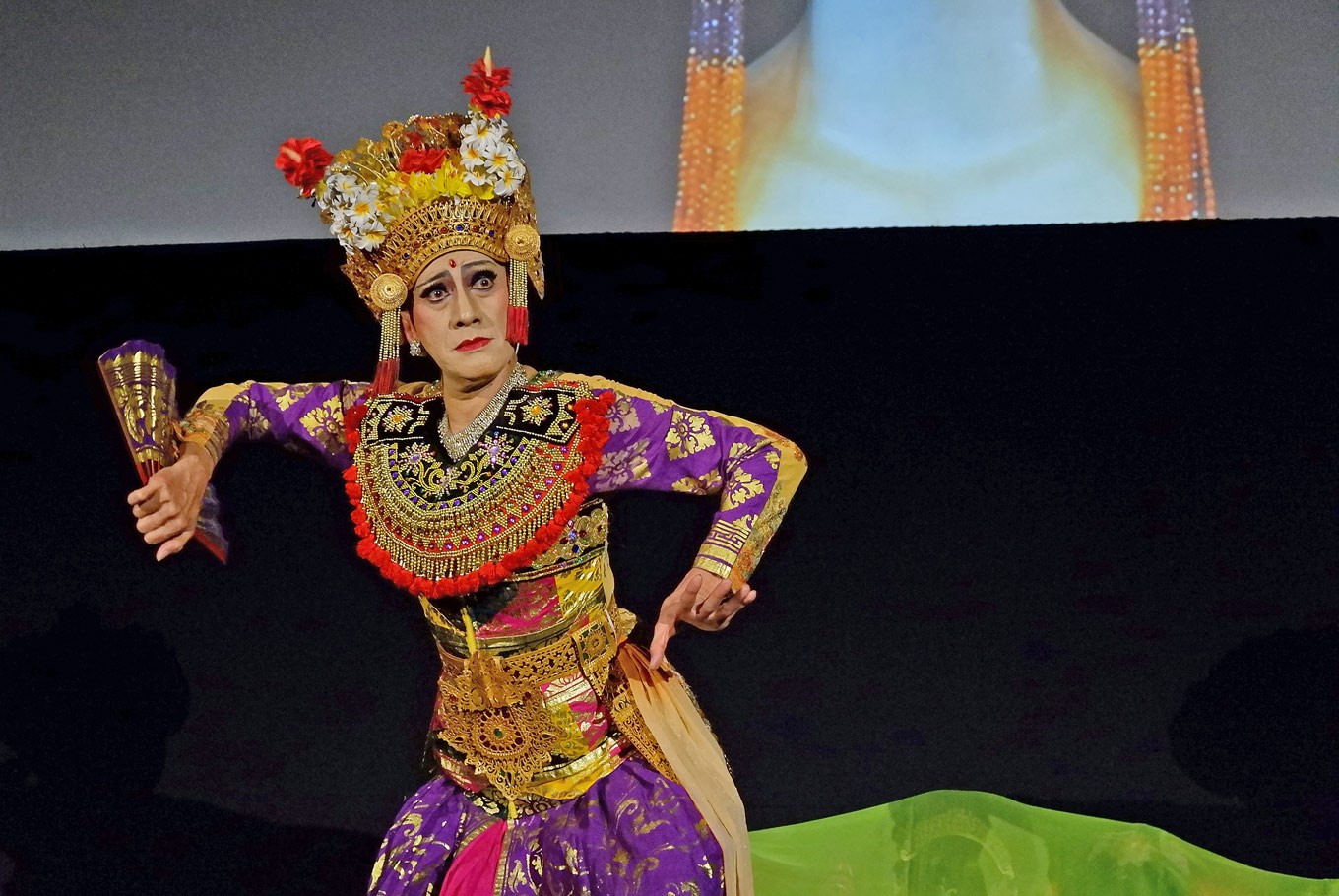Popular Reads
Top Results
Can't find what you're looking for?
View all search resultsPopular Reads
Top Results
Can't find what you're looking for?
View all search resultsLet’s celebrate a queer theology for everyone!
Massive hate campaigns have been waged against LGBTIQ people at schools, universities, mosques and churches, condemning them for being sinful and an abomination. This moral panic has also pervaded state and legal institutions, threatening the civil rights and the lives of members of Indonesia’s LGBTIQ community. This is happening in the Reform Era (1998-present), which was supposed to be an era of democratization.
Change text size
Gift Premium Articles
to Anyone
C
ommercials — don’t you just hate them? They are often so clichéd and trite. But in India, there is one commercial that is inspiring and questions gender social constructs.
It starts with a teenage girl on a bus, wondering if her mother would be disappointed if she became a lawyer instead of a doctor. At the age of 4, the girl’s biological mother died and she was adopted by her current mother, who brought her up with a lot of love and care. They are also the best of friends. The camera pans to the mother sitting beside her: she is a transgender woman.
The 2017 Vicks Vaporub #TouchOfCare commercial is based on the real-life story of Gauri Sawant, a transgender activist from Mumbai who, in 2000, founded the Sakshi Char Chowghi Trust that helps transgender people and people with HIV/AIDS. She adopted a girl named Gayatri, whose biological mother was a sex worker who died from AIDS. Little Gayatri would have been sold off to be a prostitute had Gauri not adopted her.
In 2014, Gauri reportedly became the first transgender person to file a petition with India’s Supreme Court on the adoption rights of transgender people and is India’s first known transgender mother. At a 2017 TED Hyderabad talk, she said that being a mother was a behavior, a state of being, of loving others that went beyond sex or gender.
Oh yes, Gayatri wants to become a lawyer to defend the rights of lesbian, gay, bisexual, transgender, intersex and queer (LGBTIQ) people like her mother.
On Nov. 21 to 24, I attended an international conference on human sexuality and queer theology called “Queer Identities in Religions and Cultures” at the Jakarta Theological Seminary (JTS). The conference attempted to deconstruct the gender and sexual identities that society imposes upon us — just like the Vicks ad — but in an academic way.
Why “queer”? It is now used as an umbrella term for gender and sexual minorities. It was originally a pejorative, like the term “slut” which has been reclaimed by feminists to be deliberately provocative. “Queer” is also less wieldy than LGBTIQ.


















